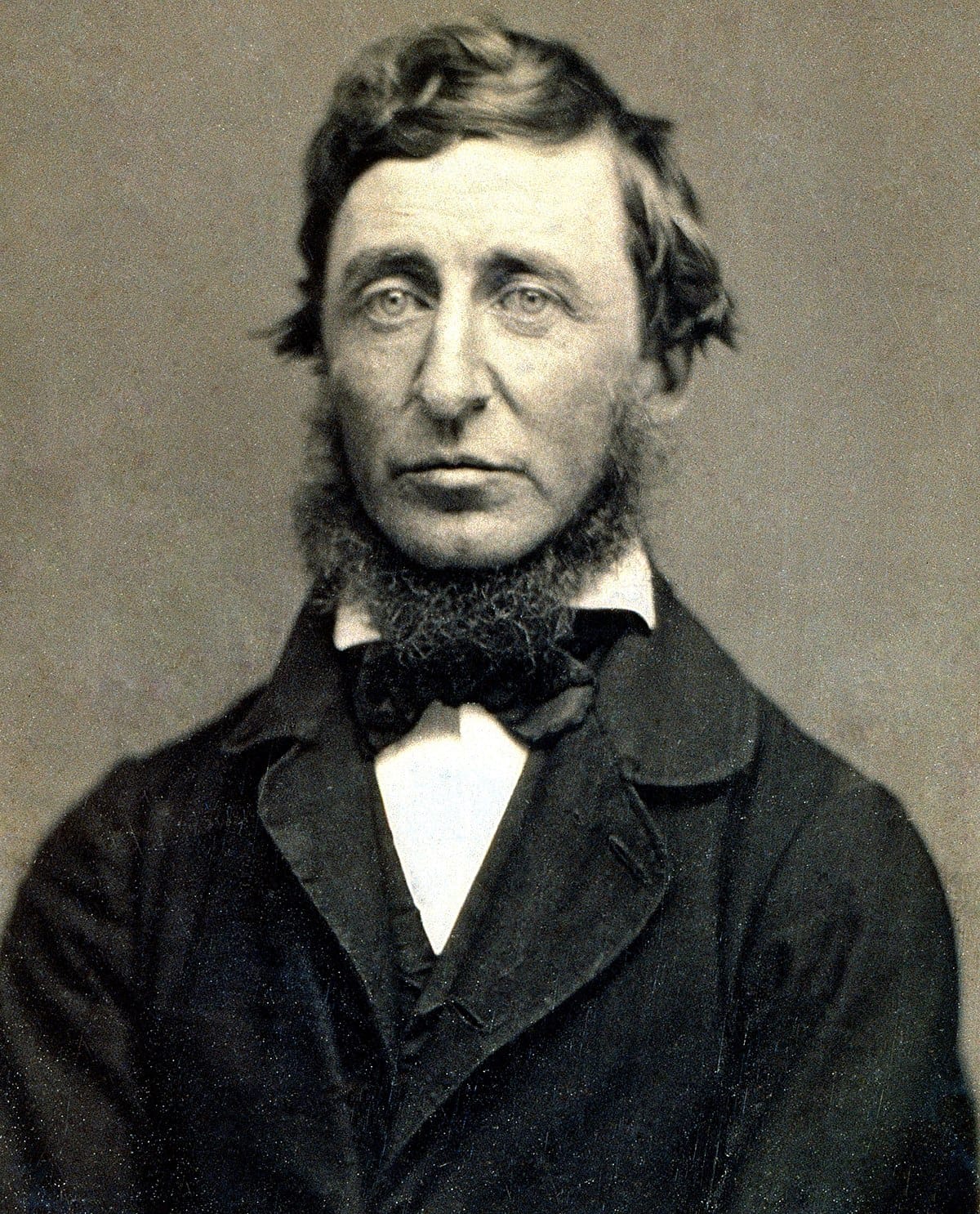Kindred Spirits: Emerson’s Enduring Impact on Whitman and Thoreau
Ralph Waldo Emerson, a leading voice of the American Transcendentalist movement, wasn’t just crafting essays and delivering lectures – he was igniting a firestorm of ideas. His philosophies, centered around the power of individual intuition, the inherent goodness within us, and the awe-inspiring beauty of the natural world, deeply resonated with two burgeoning writers of his time: Walt Whitman and Henry David Thoreau.
Emerson’s influence acted as a guiding light for both Whitman and Thoreau, shaping their worldviews and, ultimately, their writing. Imagine Emerson’s ideas as seeds sown into fertile ground, eventually blossoming into the unique expressions of Whitman and Thoreau.
Whitman: The Song of Self in “Leaves of Grass”
For Whitman, whose poetry pulsed with a love for democracy and the common man, Emerson’s belief in the inherent worth of every individual was like fuel to his creative fire. His masterpiece, “Leaves of Grass,” stands as a testament to this shared belief, celebrating the diversity and dignity of everyday people.
Whitman embraced Emerson’s ideas wholeheartedly, weaving them into the fabric of his poetry. His bold and expansive style, particularly his use of free verse, can be seen as an embodiment of Emerson’s call for self-reliance and breaking free from traditional artistic forms.
Thoreau: Seeking Solitude and Self-Reliance at Walden
Thoreau, meanwhile, took a different path, grappling with Emerson’s ideas through direct experience. Inspired by Emerson’s call for self-reliance, Thoreau embarked on his famous experiment at Walden Pond, living simply in a cabin he built himself. His experience, chronicled in his book “Walden,” is a testament to the power of connecting with nature and living authentically, key principles at the heart of Transcendentalism.
Thoreau, though deeply inspired, engaged with Emersonian principles more critically, forging his own unique path. He delved into the complexities of self-sufficiency, exploring not only its rewards but also its challenges.
A Meeting of Minds: Shared Ideals, Diverging Paths
In 1856, the paths of Whitman and Thoreau intersected in a significant meeting. Despite their shared admiration for Emerson, differences emerged in how they viewed society. Whitman, ever the optimist, held onto his hopeful vision of America’s potential. Thoreau, however, adopted a more critical stance, his observations of American politics clashing with Whitman’s idealism. This encounter highlights how even shared philosophies can be interpreted and applied in diverse ways when confronting the complexities of the real world.
It’s crucial to remember that while Emerson’s influence on both writers was undeniable, it wasn’t the only factor shaping their perspectives. Romanticism, with its emphasis on nature and imagination, certainly played a role in their appreciation for the beauty of the world around them. Additionally, the social reform movements gaining momentum during their time instilled in them a deep sense of social responsibility, urging them to use their voices to advocate for a more just and equitable society.
A Legacy of Inspiration: Emerson’s Enduring Impact
Emerson’s Transcendentalist teachings, like seeds sown in fertile ground, blossomed in the works of Whitman and Thoreau. Their enduring literary contributions continue to inspire generations of readers, reminding us of the importance of individual expression, the power of the natural world, and the limitless potential that resides within the human spirit.
Who Was the Major Influence on Walt Whitman and Henry Thoreau?
The answer to this common crossword puzzle clue consistently points to Ralph Waldo Emerson. His role as a central figure in Transcendentalism, a philosophical movement that emphasized intuition, individualism, and the inherent goodness of humanity and nature, profoundly influenced both Whitman and Thoreau.
Uncovering the Depths: Exploring Further
While we can definitively say that Emerson played a significant role in shaping the perspectives of Whitman and Thoreau, the full scope of his impact is likely far more nuanced and complex than we can imagine. Researchers continue to uncover new insights into the relationships between writers and their influences.
For those eager to delve deeper into these fascinating connections, consider exploring:
- The writings of Ralph Waldo Emerson, particularly his essays “Nature” and “Self-Reliance”
- Walt Whitman’s seminal work, “Leaves of Grass,” and its celebration of individuality and democracy
- Henry David Thoreau’s “Walden,” a reflection on his experience living simply in nature
- The broader context of Transcendentalism and its impact on American literature and culture
Uncover the pivotal role of the rudder in shaping world history. Delve into the importance of the rudder in AP World History and discover its transformative impact on navigation, trade, and civilization.
- Unlocking Francis Alexander Shields’ Finance Empire: A Comprehensive Biography - July 12, 2025
- Unveiling Francis Alexander Shields: A Business Legacy - July 12, 2025
- Francis Alexander Shields’ Business Career: A Comprehensive Overview - July 12, 2025
















1 thought on “The Transcendental Rendezvous: How Emerson Fueled the Fires of Whitman and Thoreau”
Comments are closed.